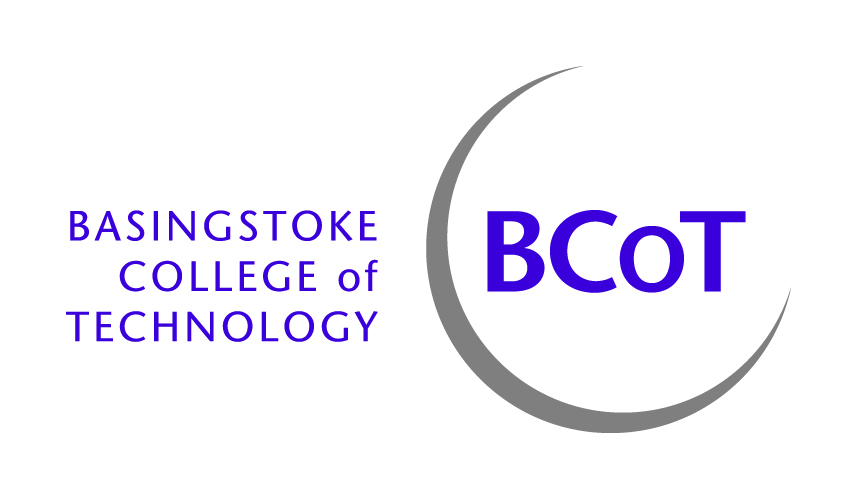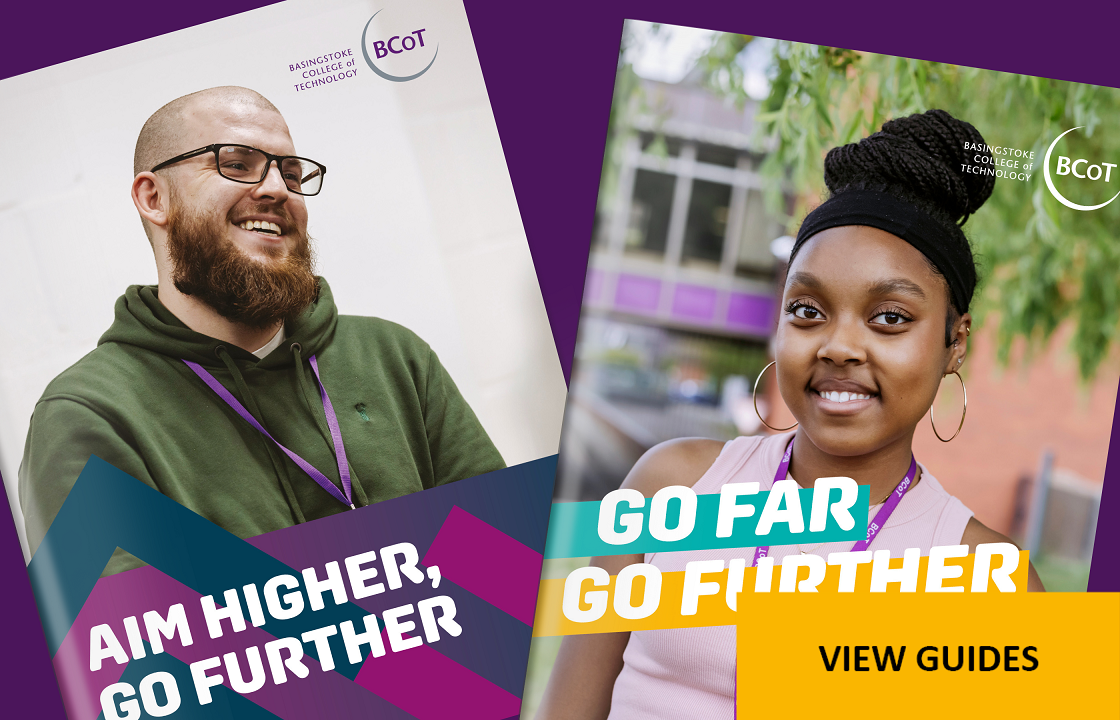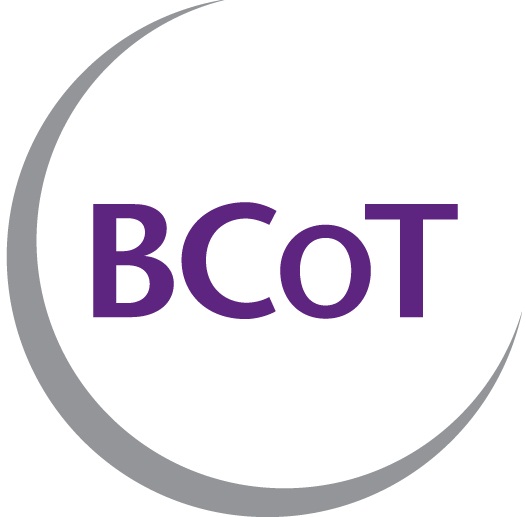News article
News article
News article
News article
Pioneering digital approaches to raising English and maths' standards
Read how the College adapted during the pandemic and had a positive impact on student attainment.
While the global pandemic has had an unprecedented impact on FE institutions, Basingstoke College of Technology (BCoT) has found itself well-equipped for such a situation, as a result of a strong ethos of putting digital technology at the heart of teaching and learning.
It is this long-term ethos that has seen the college rewarded with a higher standard of Level 2 English and Maths results in recent years, utilising new technology and working with external stakeholders to ensure that students who have previously struggled with these subjects do not get left behind.
Eleven years in the making
Despite the sudden impact that COVID-19 has had worldwide, remote learning did not come as a major change of direction for staff and students at BCoT. The transition has been swiftly and easily implemented as a result of utilising a wide range of digital teaching and learning tools.
This ardent belief in using technology to create a different, more engaging approach to teaching and learning is not a short-term focus for the college.
This ardent belief in using technology to create a different, more engaging approach to teaching and learning is not a short-term focus for the college. It has been one of the guiding principles and values of Anthony Bravo, Principal of BCoT, since he joined the college in 2009. Anthony says:
“I am passionate about the transformative power of technology in education and am really proud of what we do at BCoT, putting digital innovation at the heart of learning and reaching students who may have been disengaged in a traditional education setting.
"We also have a fantastic creative digital team that have a wiliness to try new things such as the AI project that we piloted to help improve attainment with GCSE retakes – a long standing issue for FE colleges.”
For BCoT, this introduction of AI would prove to play a key role in raising the standards for students having to retake their GCSE English and maths exams.
The challenge
Since 2014, students who do not achieve a grade 4 or higher in their GCSE maths or English at age 16 must continue studying the subjects as part of their further education or training. Across the country, colleges and sixth forms are facing ongoing challenges around funding, reduced teaching time and student motivation in getting students to achieve the grades they need.
In recent years, it has become apparent that BCoT's strategy and approach to students re-sitting these exams required a rethink.
According to figures from the education equality charity Impetus-PEF, in the summer of 2017, more than 86,000 entrants to English or maths sat the exam for at least the second time. In English, over a quarter of resits were by those sitting the exam for at least the third time; in maths, the proportion stood at 37 per cent.
The cycle of resitting exams and failing again can lead students to a downward spiral of failure, lack of motivation and resentment towards learning.
This ongoing challenge in education soon presented itself as an opportunity to BCoT’s digital innovation specialist and media lecturer, Scott Hayden. In 2018, supported by his digital team, Scott wanted to find a new solution: an innovative way to ensure students who have failed GCSE English or maths can pass their exams and not be left behind in a cycle of resits.
The primary objective was to rethink the way educators support and motivate learners who struggle to learn English and maths in a traditional learning environment
The primary objective was to rethink the way educators support and motivate learners who struggle to learn English and maths in a traditional learning environment.
The first step was to place English and maths within the wider context of their chosen vocational subject, to make English and maths relevant to the students’ future career, and to make them realise why they need to work towards their pass grade.
Putting the solution into practice
To enhance the higher standard of Level 2 English and maths results, the project first started with a smaller sample size of Level 2 automotive and construction students.
The digital team worked with internal stakeholders, as well as external organisations and technology, including CENTURY Tech and EquatIO mathspace, to bring studying English and maths to life for the students. The college then introduced a number of new technologies, tailored to each individual student’s strengths and weaknesses. These included:
- New delivery model that includes a weekly blended learning session
- Integration of English tool Read&Write and maths app EquatIO mathspace
- Adoption of innovative artificial intelligence-based platforms with CENTURY Tech
- Creation of two dedicated revision sites - BCoT Maths and BCoT English
- Increase of digital learning allowed for more time for physical one-to-ones with students
Encouraged by the enthusiasm of principal Anthony Bravo, the digital team started working closely with CENTURY Tech in September 2018. CENTURY provided students with a number of benefits for the college and was a key part of BCoT’s success in raising standards.
It gave students an individual learning path that was constantly personalising their learning every step of the way. By identifying and adapting to their strengths, weaknesses, habits and behaviours, CENTURY ensured that the time spent studying English or maths was being used in the most effective way possible.
Automated marking and planning meant teachers could stay in the moment with their students and spend more time focusing and inspiring students instead of marking large amounts of student work.
CENTURY was also helping staff to manage their workload and spend more time giving one-to-one physical sessions with students. Automated marking and planning meant teachers could stay in the moment with their students and spend more time focusing and inspiring students instead of marking large amounts of student work.
Alongside the use of CENTURY, BCoT also introduced online toolkits such as Texthelp’s Read&Write and EquatIO mathspace to support teaching staff and students. The digital team also created two bespoke revision sites to upload resources, self-marking quizzes and gamified revision tools.
Blended learning is a weekly timetabled session which gives the student the opportunity to come into an interactive workshop and complete research and tasks that will develop their independent, collaborative and professional skills.
The sessions give students one-to-one support on using a wide range of digital tools that will equip them with the skills that employers in their industry will be looking for in the future.
Supported by a member of the college’s dedicated BCoT digital team, the sessions give students one-to-one support on using a wide range of digital tools that will equip them with the skills that employers in their industry will be looking for in the future.
This weekly session, working with a range of digital tools, has also helped the students and staff become more prepared for the transition to remote learning during the COVID-19 pandemic.
The results
The results of the 2018/19 GCSE exams showed that the changes are having a positive impact on student attainment.
- In 2018/19 there was an increase in student retention in maths and English
- 2.9% growth in GCSE maths students achieving a grade 4 or above, compared to 2017/18
- 8.6% growth of students increasing their grade by at least one grade, compared to 2017/18
- 9% growth of students increasing their grade by at least one grade, compared to 2017/18
- Students uwho used AI to help revise for their maths GCSE resits for as little as ten minutes a week improved their results twice as much as the national average
- Students who used AI to revise for more than one hour a week saw improvements of over ten times the national average
- Three students received trophies for their use of CENTURY Tech
- 321,500 questions were answered through CENTURY Tech
- 781 combined hits to bcotmaths and bcotenglish in the week leading up to GCSE exams in May 2019
Plans for the future
The innovative changes that the staff have made to increase standards across English and maths is evidence of how integral digital technology has become at BCoT.
More and more staff have been using the latest edtech to make their teaching and learning more agile, engaging and productive for their students.
More and more staff have been using the latest edtech to make their teaching and learning more agile, engaging and productive for their students. Moving forward, the team want to roll out the use of AI to all students across the college, combining it with other digital tools such as virtual and augmented reality, as well as gamification to enhance the student experience and make sure they all get the opportunities they need to thrive.
Opportunity to collaborate
As part of the EdTech Demonstrator programme, Scott Hayden and the BCoT digital team are now looking for further opportunities to collaborate and support other educational institutions. The programme will provide peer-led advice and training to help schools and colleges in England use technology to support remote teaching and improve their digital capability.
Speaking about the programme, Scott said:
“We’re available to help other schools, colleges or universities. Our Digital Team is doing an incredible job at the moment helping staff and students across all subjects to implement teaching and learning remotely. We’re happy to share what we’re doing. We just want to help the sector as much as possible.”
If you, or your institution, would like to receive support and training in utilising remote and digital tools, please declare your interest via the EdTech Demonstrator programme website.
Conclusion
The current COVID-19 global pandemic has had an impact on institutions across the country, and organisations are constantly facing a number of challenges every day. However, adapting to these unprecedented times has come with relative ease to BCoT.
As a college, the ardent and long-held belief in the possibilities and scope of digital tools in teaching and learning, combined with the long-term enthusiasm of Anthony Bravo, means it has been able to quickly, and capably, adapt to remote learning in such a short timeframe, and on such a large scale.
BCoT’s efficient and streamlined adoption of education technology in the English and maths department is just one example of how its reaction to the COVID-19 pandemic has been more of a smooth change of gear, as opposed to a sudden change of direction, for both staff and students.
The college is looking forward to helping play a leading role in shaping edtech across the sector and joining forces to help raise educational standards, while creating a level playing field for all, leaving no students behind.
This article is part of an e-book produced by the Association of Colleges and funded by Ufi - Creating a post-COVID-19 EdTech Strategy - bringing together all the wisdom and lessons learned from lockdown.














